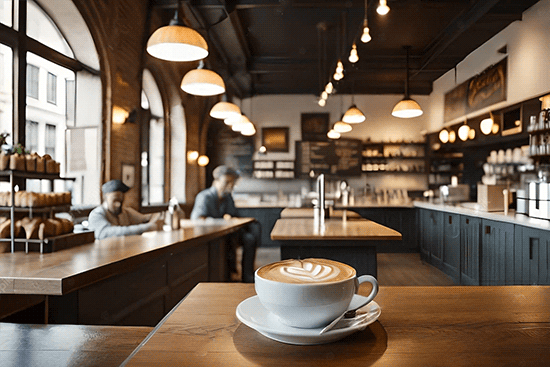Rising energy costs and wages set to make the morning coffee unaffordable

Energy costs and rising wages are crippling Australian hospitality businesses.
According to a recent report by The Australian, around 70% of the cost of a cup of coffee is determined by wages and energy bills, with margins shrinking significantly.
Phil Di Bella, founder of Brisbane-based Coffee Commune, said the surge in the global cost of coffee beans was also having an impact on the $14.2 billion sector as one in 10 cafes have fallen over in the past year.
Many more are likely to fail in 2025.
According to Essential Coffee chief executive Todd Hiscock Arabica beans, which account for most global production, had surged 80 per cent in the past year to top $US3.44 ($5.60) a pound (0.45kg), while the cost of Robusta beans, hit a fresh high in September.
“The problem we have is a lack of disposable income at the moment,” Di Bella said.
“Disposable income is what people have after paying their mortgages, the school fees and other bills. At the moment people are finding they don’t have disposable income.”
Di Bella broke down the cup of a coffee to 45 per cent wages, 10 per cent to GST, 10 per cent to gas and power and 25 per cent towards beans, packaging and milk.
Rent and other operational costs also eat into profits.
If all costs were taken into account, Di Bella says a cup of coffee would cost around $10 to $12, which is unsustainable.
“I predict it could increase to about $8 by the middle of the year,” Di Bella told The Australian.
“Coffee, which is a globally traded commodity like oil, is now trading at the highest level in 70 years.
“And with the Australian dollar tanking, the cost of importing beans has become more expensive.”
Merlo Coffee chief executive Dean Merlo predicts $10 cups of coffee to soon be the norm.
“I don’t know anything that we use in our business that has not gone up double digits – whether it’s gas, electricity or wages,” Merlo said.
“It’s tough to be in the coffee business at the moment. We find it hard to pass on costs to our customers.”
A falling Australian dollar, which has been at its lowest ebb in years, isn’t helping.
“We are finding a lot of cafe owners are working behind the counter more (to cut wages costs),” he said.
According to Collab Coffee owner Colin Buwalda packaging, milk and energy costs have seen the biggest increases.
“Packaging alone was up about 20 per cent; energy about 35 per cent; while food and anything that was made off-site increased at least 25 to 30 per cent,” Buwalda told The Australian.
Jonathan Jackson, 16th January 2024







